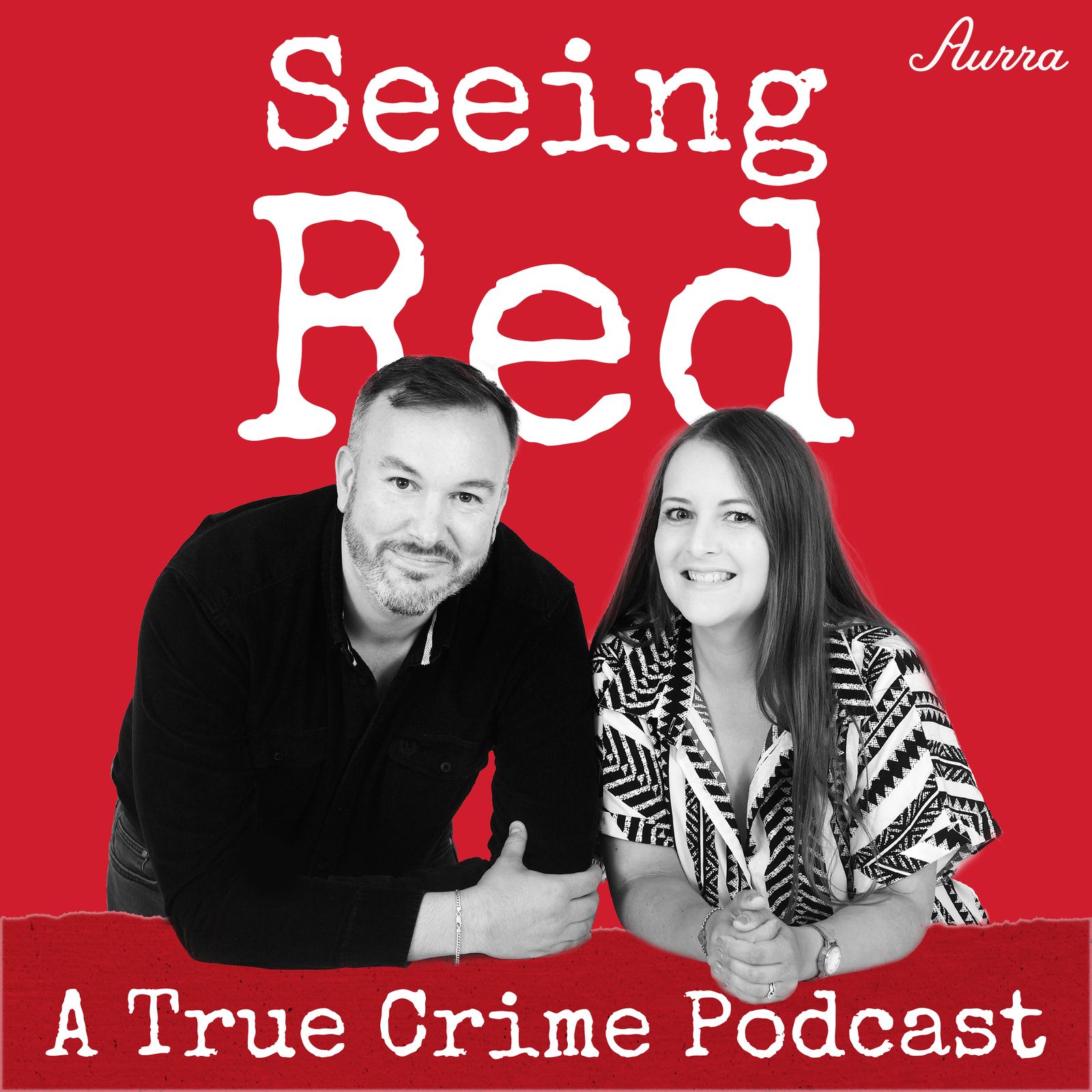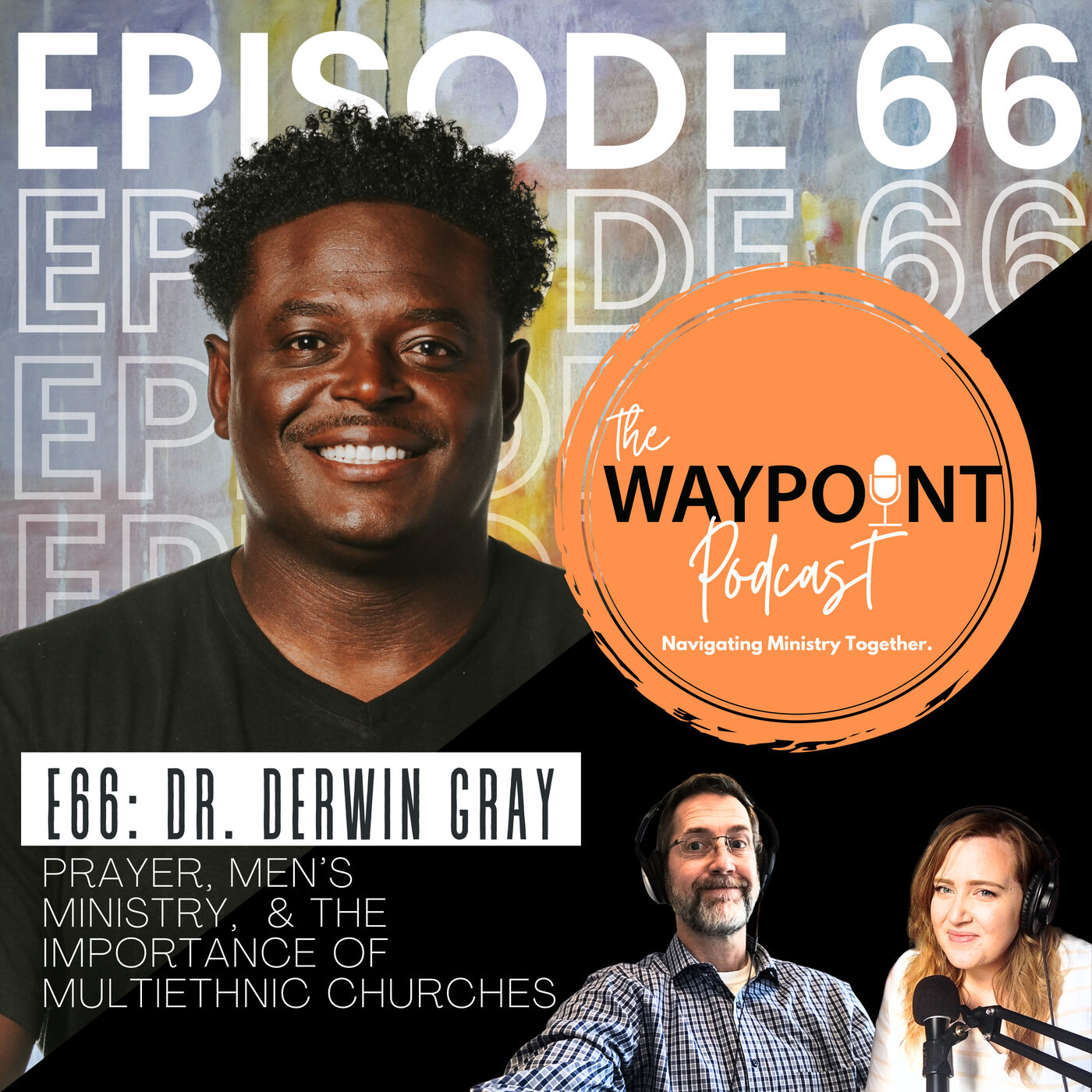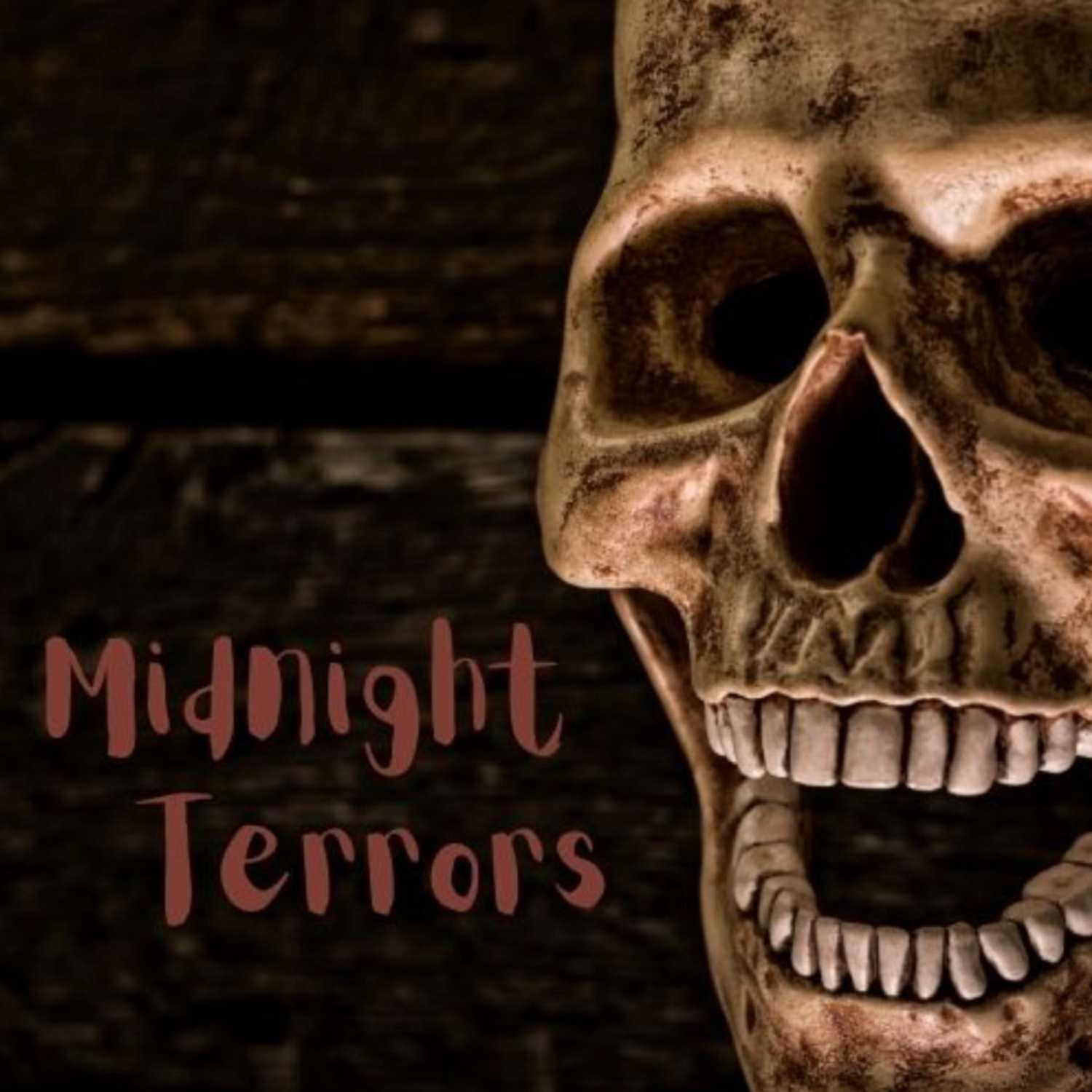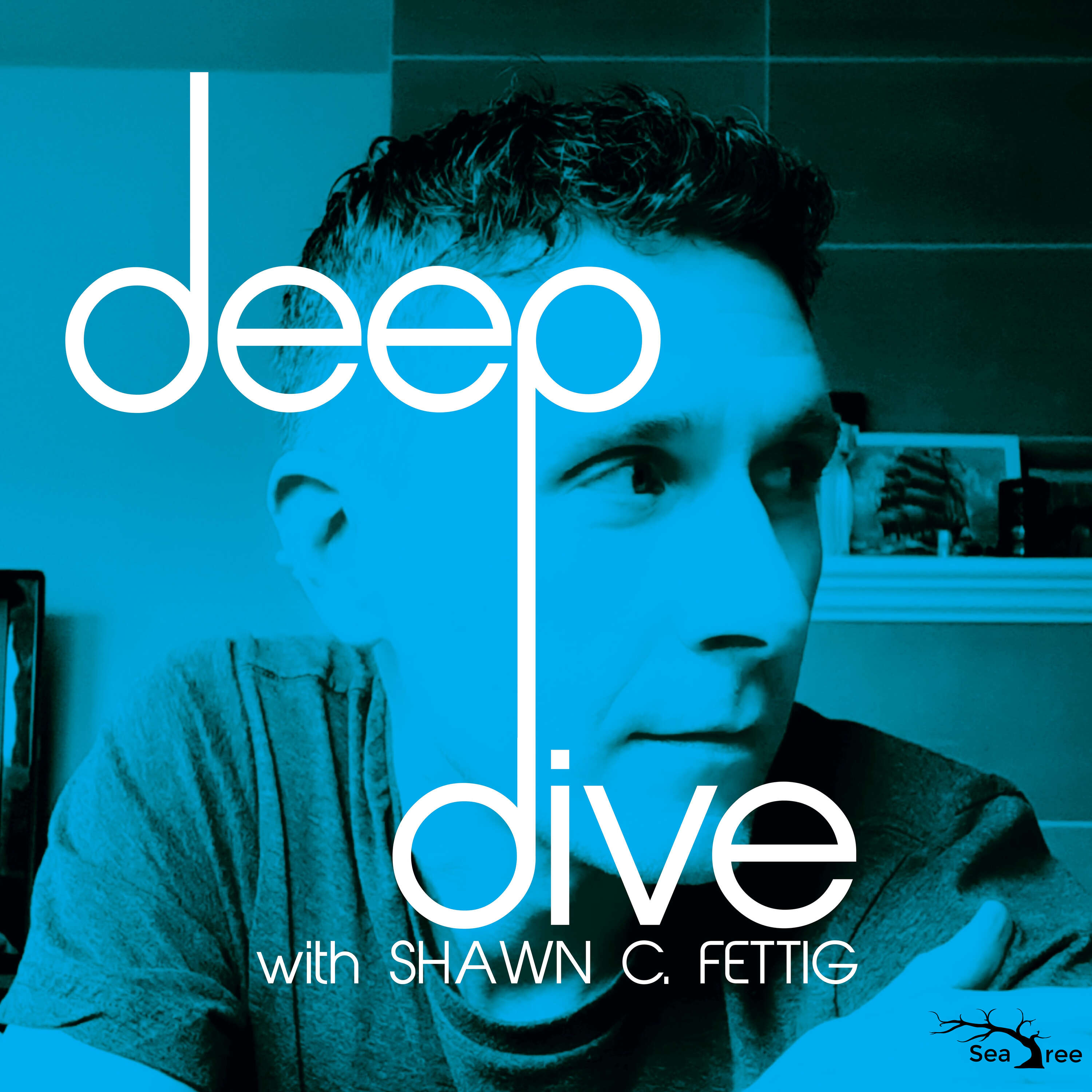- After-Shows
- Alternative
- Animals
- Animation
- Arts
- Astronomy
- Automotive
- Aviation
- Baseball
- Basketball
- Beauty
- Books
- Buddhism
- Business
- Careers
- Chemistry
- Christianity
- Climate
- Comedy
- Commentary
- Courses
- Crafts
- Cricket
- Cryptocurrency
- Culture
- Daily
- Design
- Documentary
- Drama
- Earth
- Education
- Entertainment
- Entrepreneurship
- Family
- Fantasy
- Fashion
- Fiction
- Film
- Fitness
- Food
- Football
- Games
- Garden
- Golf
- Government
- Health
- Hinduism
- History
- Hobbies
- Hockey
- Home
- How-To
- Improv
- Interviews
- Investing
- Islam
- Journals
- Judaism
- Kids
- Language
- Learning
- Leisure
- Life
- Management
- Manga
- Marketing
- Mathematics
- Medicine
- Mental
- Music
- Natural
- Nature
- News
- Non-Profit
- Nutrition
- Parenting
- Performing
- Personal
- Pets
- Philosophy
- Physics
- Places
- Politics
- Relationships
- Religion
- Reviews
- Role-Playing
- Rugby
- Running
- Science
- Self-Improvement
- Sexuality
- Soccer
- Social
- Society
- Spirituality
- Sports
- Stand-Up
- Stories
- Swimming
- TV
- Tabletop
- Technology
- Tennis
- Travel
- True Crime
- Episode-Games
- Visual
- Volleyball
- Weather
- Wilderness
- Wrestling
- Other
The Picture of Dorian Gray
As a bright November morning dawns over a seemingly tranquil Dorian Gray, a nightmare from the night before gazes upon him in silence. Even in the hallowed refuge of sleep, he cannot escape the relentless hold of the heinous act that he had committed the night before. Dorian may appear in peaceful slumber but underneath, like a single drop of ink slowly spreading through clear water, the guilt and horror of his actions seep into consciousness.<br/><br/>A cruel twist of fate prompts Dorian to confront the man he murdered, Basil Hallward, in broad daylight. The sight is a ghastly reminder that wicked deeds are best left within confines of dimly lit corners and shadows. "Such hideous things were for the darkness, not for the day," Wilde reminds us. As Dorian struggles to bear the weight of his crime, he paradoxically reminisces about past conquests, those that brought a perverse joy to his senses and intellect, a joy that the murder of his friend failed to bring. <br/><br/>In his desperation, Dorian turns to his former friend, the brilliant but pragmatic scientist, Alan Campbell. With a note threatening exposure, Dorian manipulates Campbell into removing any evidence of the vile act: the lifeless body of Basil Hallward. Campbell, despite his initial resistance, succumbs to Dorian’s blackmail providing a chilling glimpse into how lives intertwine in a web of manipulation and surrender.<br/><br/>As Dorian rids himself of his tragic connections with Basil and Alan, his alienation from humanity deepens—Dorian is lost alone in the reflection of his flawless image that conceals a rotting soul. Meanwhile, moral boundaries dissolve and human relationships morph into tools for self-preservation.













